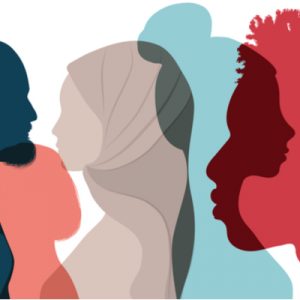The advantages of becoming a federally Certified Community Behavioral Health Clinic (CCBHC)–for organizations, communities
 The federal application process to become a Certified Community Behavioral Health Clinic (CCBHC) in Michigan opened on December 29, 2020 and closed on March 1, 2021. Becoming a CCBHC offers many advantages to organizations and the communities they serve.
The federal application process to become a Certified Community Behavioral Health Clinic (CCBHC) in Michigan opened on December 29, 2020 and closed on March 1, 2021. Becoming a CCBHC offers many advantages to organizations and the communities they serve.
The bipartisan Excellence in Mental Health Act of 2009, which was introduced by U.S. Senator Debbie Stabenow (MI), increased federal and financial support for high quality mental health and substance use treatment services. To do so, Section 223 of the Protecting Access to Medicare Act of 2014 established a two-year, eight-state demonstration program.
While the original eight states in the demonstration program did not include Michigan, a number of MI-based nonprofits have since earned CCBHC status. In August 2020, as part of the response to the coronavirus pandemic, Michigan and Kentucky became part of the CCBHC demonstration program.
CCBHCs provide a comprehensive range of mental health and substance use treatment services to vulnerable individuals with both physical and behavioral health needs. CCBHCs must provide nine services–directly or indirectly through a partnership–focusing on wellness, recovery, trauma-informed care, and physical-behavioral health integration. While CCBHCs are designed to serve Medicaid enrollees, CCBHCs are not permitted to refuse service on the basis of inability to pay. Currently, Michigan has 18 CCBHCs serving areas in 18 of its 83 counties. There are no CCBHCs yet in Northern MI or the Upper Peninsula.
The National Council for Behavioral Health, an advocacy organization representing CCBHC clinics, has already reported positive results from CCBHCs. These include reducing patient wait times, training staff in suicide prevention, and building relationships with local schools.